Cameroon’s President Paul Biya, the world’s oldest head of state at 92, has officially announced his candidacy for re-election in October 2025, seeking an eighth term to extend his 43-year hold on power. In a post shared on X (formerly Twitter), Biya declared: “Rest assured that my determination to serve you matches the urgency of the challenges we face,” citing “numerous and insistent calls” from citizens at home and in the diaspora as the reason for his decision.
Biya, who first came to power in 1982, remains one of Africa’s longest-serving leaders. His confirmation, though widely expected, comes amid increasing domestic and international calls for democratic transition and fresh leadership in the central African country. If re-elected, Biya could remain president until he is nearly 100 years old.
His administration has long faced allegations of corruption, embezzlement, authoritarianism, and poor governance. Critics also point to his failure to effectively manage Cameroon’s ongoing security crises, including the Anglophone separatist conflict in the west and insurgent violence in the north.
Concerns over Biya’s health have been mounting in recent years. His prolonged absence from public view for over six weeks in 2023 fueled speculation about his well-being, with some rumors falsely claiming he had died.
The upcoming election is expected to be highly contested. Several prominent opposition figures have already declared their intention to run, including 2018 runner-up Maurice Kamto, as well as Joshua Osih, Cabral Libii, and Akere Muna. The political landscape has also shifted with the recent defection of former Biya allies from the ruling coalition. Notably, ex-minister Issa Tchiroma Bakary and former Prime Minister Bello Bouba Maigari, both influential in the northern region, have launched their own bids, weakening Biya’s traditional support base.
Despite this, the ruling Cameroon People’s Democratic Movement (CPDM) and its loyalists have consistently rallied behind Biya, urging him to stay in power. In 2008, Biya abolished presidential term limits, enabling him to run indefinitely a move that drew widespread criticism and sparked protests at the time.
While Biya claimed a 71% victory in the 2018 presidential election, opposition parties and international observers raised serious concerns about electoral irregularities and lack of transparency. With political tensions rising and opposition momentum building, the 2025 election could prove to be a defining moment for Cameroon’s democratic future.



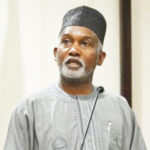
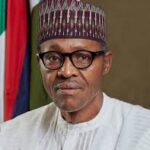




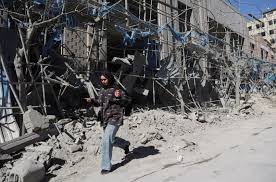

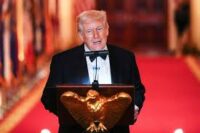
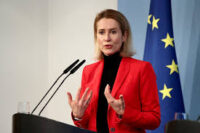

Leave a comment